People

Andy Orchard, Principal Investigator
Andy is the Rawlinson and Bosworth Professor of Anglo-Saxon in the University of Oxford, and a Fellow of Pembroke College; he is also a Fellow of both the Royal Society of Canada and the British Academy. Before returning to Oxford, Andy was Reader in Anglo-Saxon, Norse, and Celtic and Head of Department at Cambridge, and then spent thirteen years as Professor of English and Medieval Studies in Toronto, where he was successively Director of the Centre for Medieval Studies and Provost and Vice Chancellor of Trinity College. He has supervised or co-supervised more than fifty doctoral dissertations to completion, on both sides of the Atlantic, and has been awarded teaching prizes at both Oxford and Cambridge, being voted ‘Most Acclaimed Lecturer in Humanities’ by the Oxford Student Union in 2015 (and was nominated again in 2018). Andy has published widely on Anglo-Saxon, Norse, and Celtic topics, and his books include The Elder Edda: a Book of Viking Lore; A Critical Companion to ‘Beowulf’; Cassell Dictionary of Norse Myth and Legend; Pride and Prodigies: Studies in the Monsters of the ‘Beowulf’ Manuscript; and The Poetic Art of Aldhelm. He is currently completing further book-length studies on Cynewulf and the Crafting of Anglo-Saxon Verse and The Anglo-Saxon Riddle Tradition, as well as a new edition and facing-page translation of Beowulf; alongside CLASP, other ongoing commissioned projects include Reading Old English Now and Then; A History of Old English Verse; From Speech to Script: the Earliest English Literature; and The Oxford History of Poetry in English (Early Medieval). He is an Executive Editor of the journals Anglo-Saxon England (CUP) and Notes and Queries (OUP), as well as on the Editorial Boards of the Journal of Medieval Latin (Brepols) and the Dumbarton Oaks Medieval Library (Harvard); he is the Founding Editor of Toronto Anglo-Saxon Studies and Toronto Old Norse–Icelandic Studies (both UTP). Andy has appeared often on radio and television, and has been a consultant for several film-projects, including Beowulf and Grendel (dir. Sturla Gunnarsson [2005]), Into the Inferno (dir. Werner Herzog [2016]), and Tolkien (dir. Dome Karukoski [2018]).
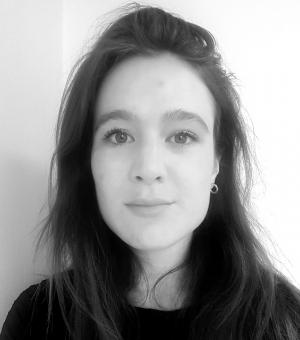
Rachel Burns, Post-doctoral Research Assistant
Rachel works on the database of scribal errors and emendations. She completed her PhD at UCL in 2018, funded by the London Arts and Humanities Partnership. Her thesis examined the manuscript presentation of Old English verse, including word-spacing and punctuation, the relationship between mise-en-page and early English art, the layout of contemporary Latin verse, and the use of unusual characters in page design. Her own research focuses on the Old English Dialogues of Solomon and Saturn, Thing Theory, and the metrical features of Old English verse layout.
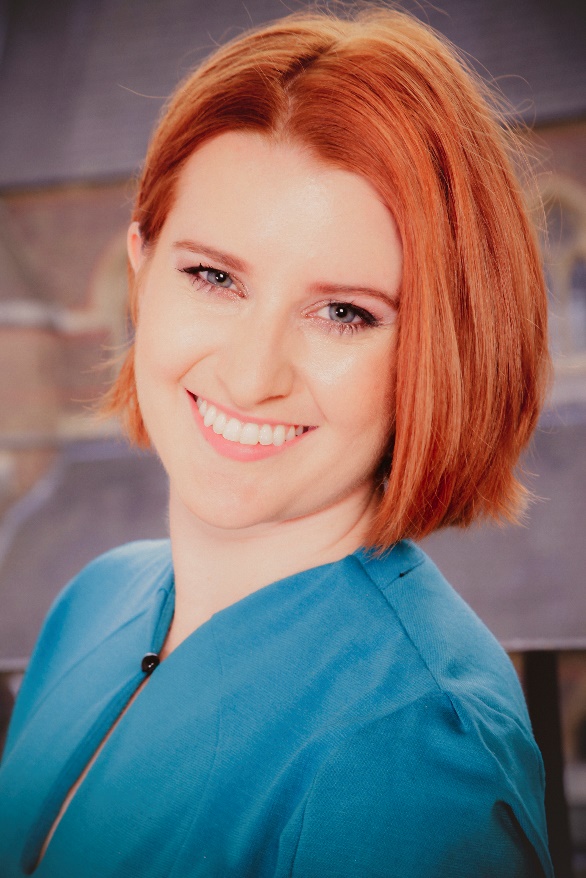
Colleen M. Curran, Post-doctoral Research Assistant
Colleen was awarded her PhD in Palaeography and Manuscript Studies from King’s College London in 2017. Within the scope of the CLASP project, Colleen researches the Anglo-Latin poetic corpus. In particular, she researches the manuscript witnesses of Anglo-Latin poetry and their wider transmission, dissemination and reception, especially via the Continent. Along with Tristan Major, Colleen is preparing a new edition of Frithegod’s poetry.
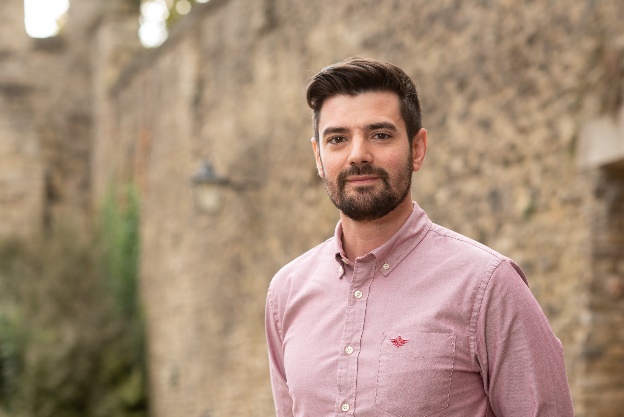
Rafael J. Pascual, Post-doctoral Research Assistant
Rafael is a Postdoctoral Research Assistant at CLASP: A Consolidated Library of Anglo-Saxon Poetry, an EU-funded project based at the Oxford Faculty of English Language and Literature. He is also a Junior Research Fellow at New College and a Lecturer in Early Medieval English Literature at Magdalen College, Oxford. He received his Ph.D. from the University of Granada (2014), with a dissertation on the dating and textual criticism of Beowulf, on the strength of which he gained a two-year Postdoctoral Fellowship at Harvard University. He is the co-editor, with Leonard Neidorf and Tom Shippey, of Old English Philology: Studies in Honour of R. D. Fulk (Cambridge: D. S. Brewer, 2016), and one of the contributors to The Dating of Beowulf: A Reassessment (Cambridge: D. S. Brewer, 2014). His articles on Old and Middle English alliterative poetry have appeared in prominent journals, such as English Studies, Journal of Germanic Linguistics, Neophilologus, Studia Neophilologica, Notes and Queries, and ANQ.

Nick White, I.T. Project Manager
Nick is the IT Project Manager for CLASP. Previously he worked on the Living Poets project, and co-founded Rescribe Ltd, a not for profit company specialising in OCR of early modern printing and manuscript hands.
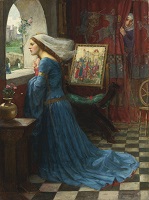
Claire Selby, Project Support Coordinator
Claire works on the CLASP project providing administrative and finance support to the team. Her interest in language, music and cultural education chimes well with its goals.
Associated Research Assistants
In May 2021, twelve additional researchers joined the CLASP project to support the final stages of the project. This expansion of the team allows for meticulous checking of existing data alongside the addition of new material for analysis that was not envisaged in the original project proposal, so greatly expanding the usefulness of CLASP as a teaching and research tool.
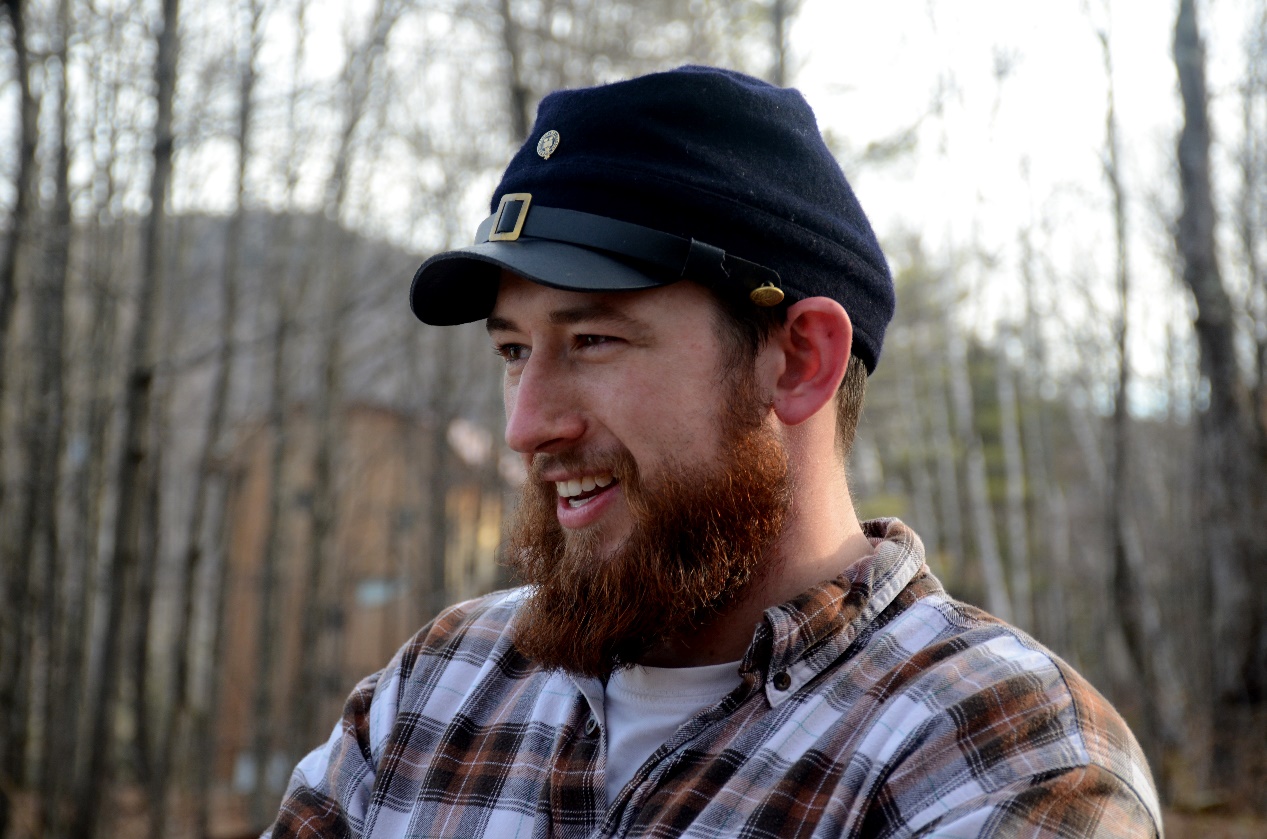
Glenn Cahilly-Bretzin
Glenn completed a DPhil at the University of Oxford in 2020 which focused on portrayals of militant Christianity in Latin and Old English saints’ Lives. He is currently helping to augment and edit Word-hord: a Lexicon of Old English Verse. Alongside his work for CLASP, Glenn is also the Postdoctoral Medieval Research Assistant for the UKRI funded ‘Human Remains: The Digital Library of British Historic Mortuary Science and Investigation’ (University of Liverpool). Beyond bringing his interdisciplinary training to both projects, Glenn is excited to develop CLASP’s public engagement offerings and legacy.
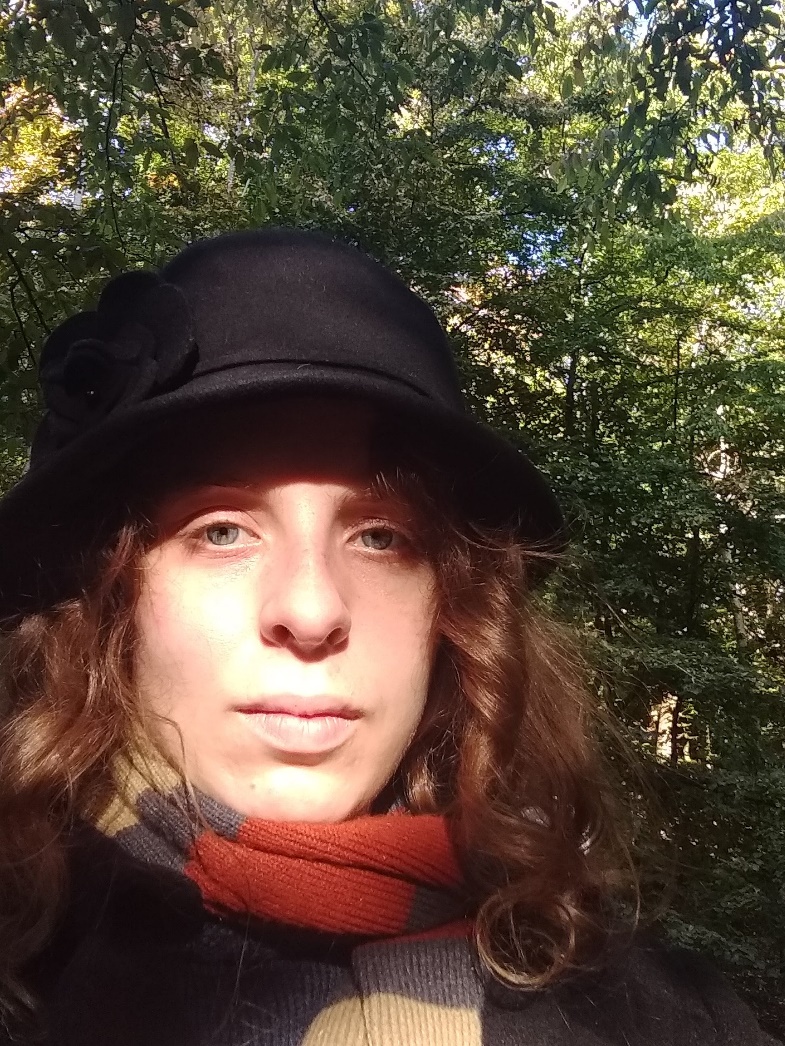
Rachel Fletcher
Rachel is currently completing her PhD in English Language and Linguistics at the University of Glasgow. Her thesis examines the treatment of the Old English - Middle English period boundary in dictionaries of Old English from the seventeenth century to the present day. Her research interests include post-Conquest Old English, linguistic periodisation, the reception and study of Old English in the Early Modern period, and the history of English lexicography. She has a BA in Linguistics with Anglo-Saxon, Norse and Celtic from the University of Cambridge and an MPhil from the University of Glasgow.
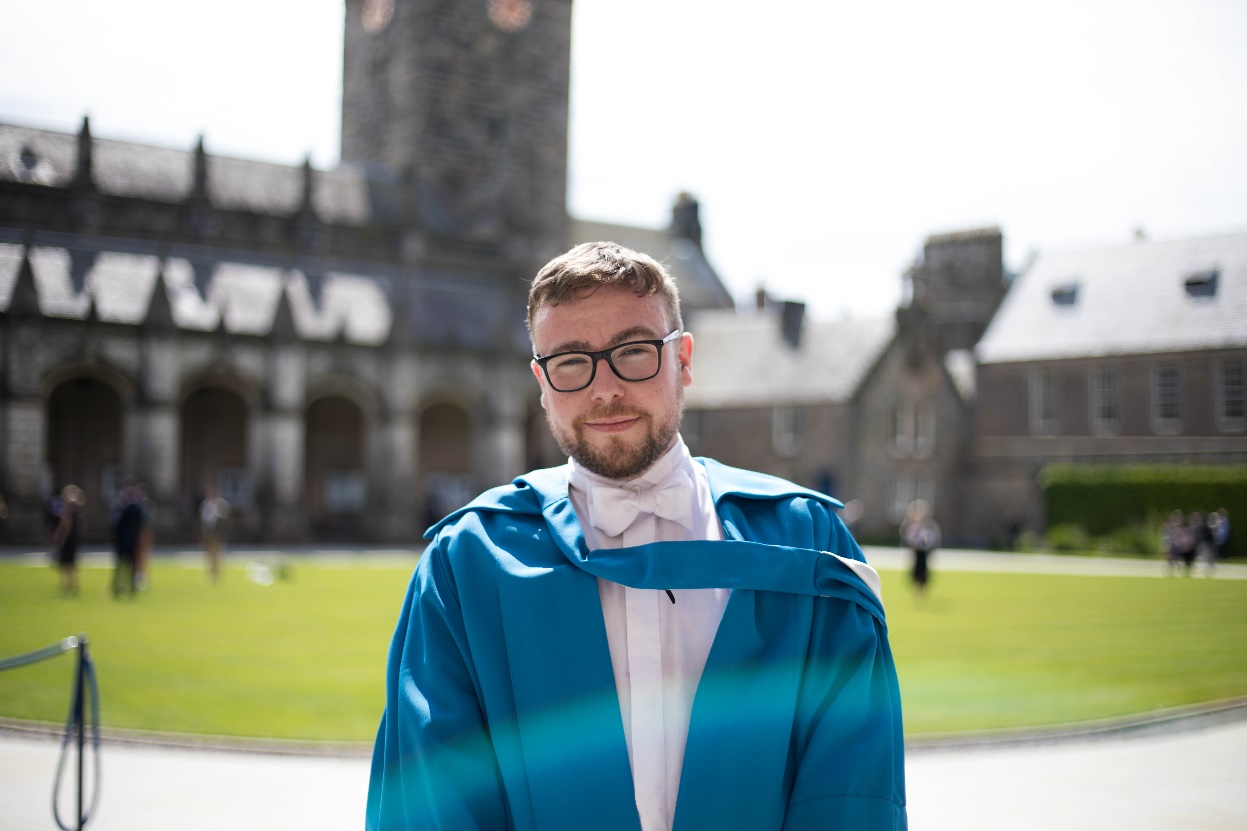
John Gallagher
John’s research addresses the scriptural traditions and biblical literature of Anglo-Saxon England. John completed a PhD in Medieval English Literature at the University of St Andrews in 2019. A monograph based on his doctoral thesis, entitled Versions of the Bible in Early Medieval England, is currently under review. On the CLASP project, John works on both Old English and Anglo-Latin poetry. John is particularly interested in the English reception of patristic thought and Late Antique Christian poetry. In addition to his role with CLASP, John is a Postdoctoral Research Fellow at University College Dublin.
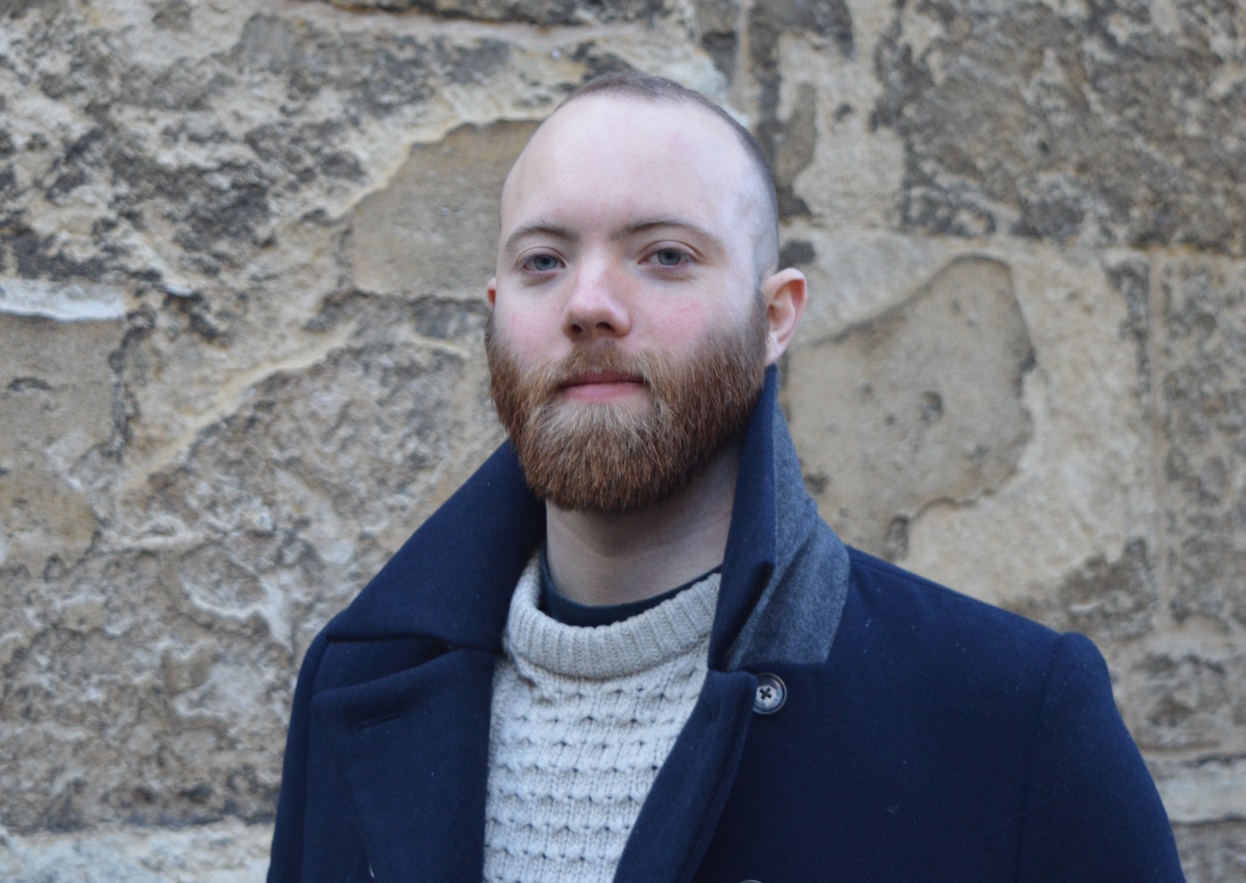
Matt Gillis
Matt’s interests include: Old English and Anglo-Latin poetry; Anglo-Saxon literary culture; early medieval lexicology, syntax, and verse structure; the poetic vocabulary and hapax legomena of the Old English corpus. He works on Old English and Anglo-Latin literature with research interests in both prose and verse. Most recently, his doctoral research has focused on the educational reforms of King Alfred the Great (871-99) and his court’s production of several Old English works from Latin sources.
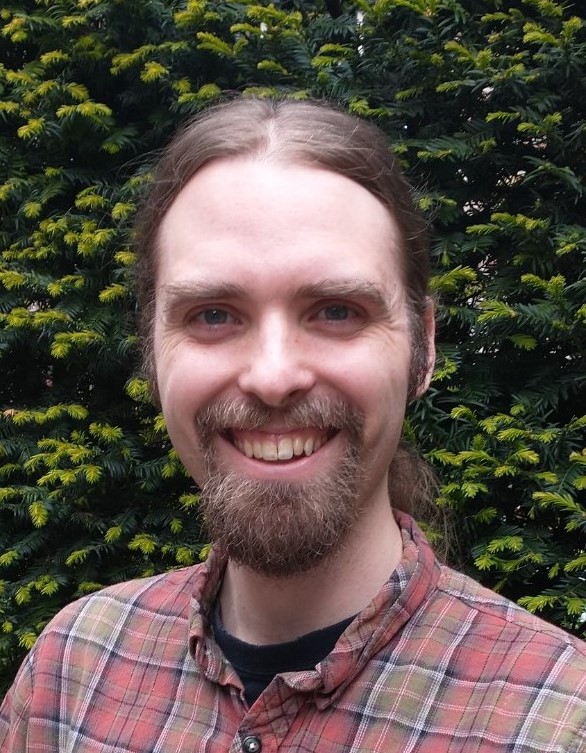
Nelson Goering
Nelson is a linguist and comparative philologist specializing in the phonology and morphology of the early Germanic languages. His particular interests include prosody of early Germanic, the uses and limits of metrical texts as a source for linguistic information, the structure of Old English, Old Norse, and Old Saxon alliterative verse, and the interactions between morphological and phonological change. He also maintains a strong side interest in the life and works of J.R.R. Tolkien, including how his background as a philologist shaped both his fictional and scholarly writings.

Tony Harris
Anthony (Tony) received his MA from Oxford, MA (Res) from the University of Reading, and PhD from the University of Cambridge (ASNaC) ‘The Lexis of Medieval Computus in Selected Anglo-Latin and Old English Prose’ (Jan’2020). His thesis considered the mathematical ‘lexis’ of tables of computus (the calculation of the date of Easter) and the relationship between the medieval calendar and the computus in particular. His PhD research also analysed and/or documented the Greek computistical lexis of Cyril of Alexandria, the Latin computistical lexis of Victorius of Aquitaine, Dionysius Exiguus, and Bede as well as the Old English computistical lexis of Ælfric and Byrhtferth. Prior to entering academia Tony was a computer scientist and during the course of his doctoral research he developed a number of software tools to validate and construct Easter tables of which one can be found here. Tony’s MA (Res) thesis was on the Hapax Legomena in Beowulf and he continues to research Hapaxes, as well as the connections between different languages, and the use of the natural sciences as tools to help us interpret early texts. He is currently working on a book proposal for ‘Time and the Medieval Calendar’ and various other publications for peer review (forthcoming).
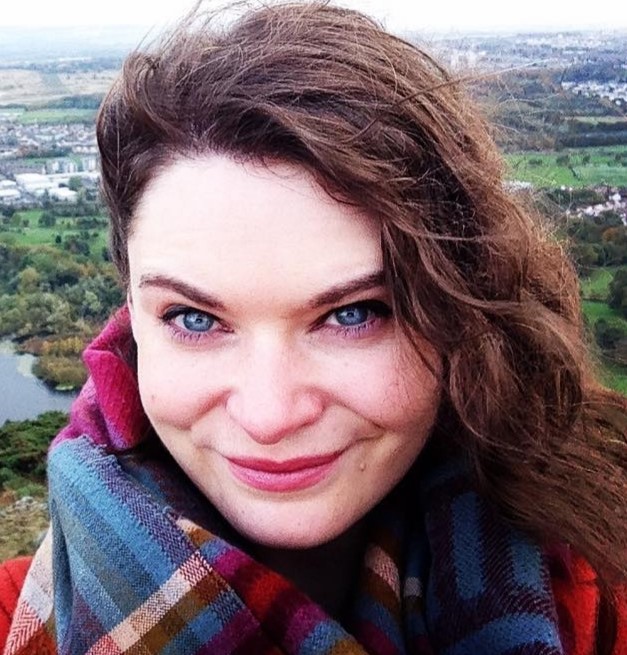
Patricia O’Connor
Patricia is the Communications Officer for the Text Encoding Initiative, a consortium which collectively develops and maintains a standard for the representation of texts in digital form. She completed her PhD in Digital Humanities at University College Cork (UCC), fully funded by the College of Arts, Celtic Studies and Social Sciences in UCC (2014-16), and by the Irish Research Council (2016-2018). Her PhD research involved encoding the scribal practices, palaeographical and codicological features, and the complex mise-en-page of Cambridge, Corpus Christi College MS 41 (CCCC41) in Text Encoding Initiative Extensible Markup Language (TEI-XML). She is currently creating a digital documentary edition of CCCC41, which cogently combines the text and digital facsimiles of CCCC41 to enable researchers to study the manuscript’s marginalia within their textual environment.
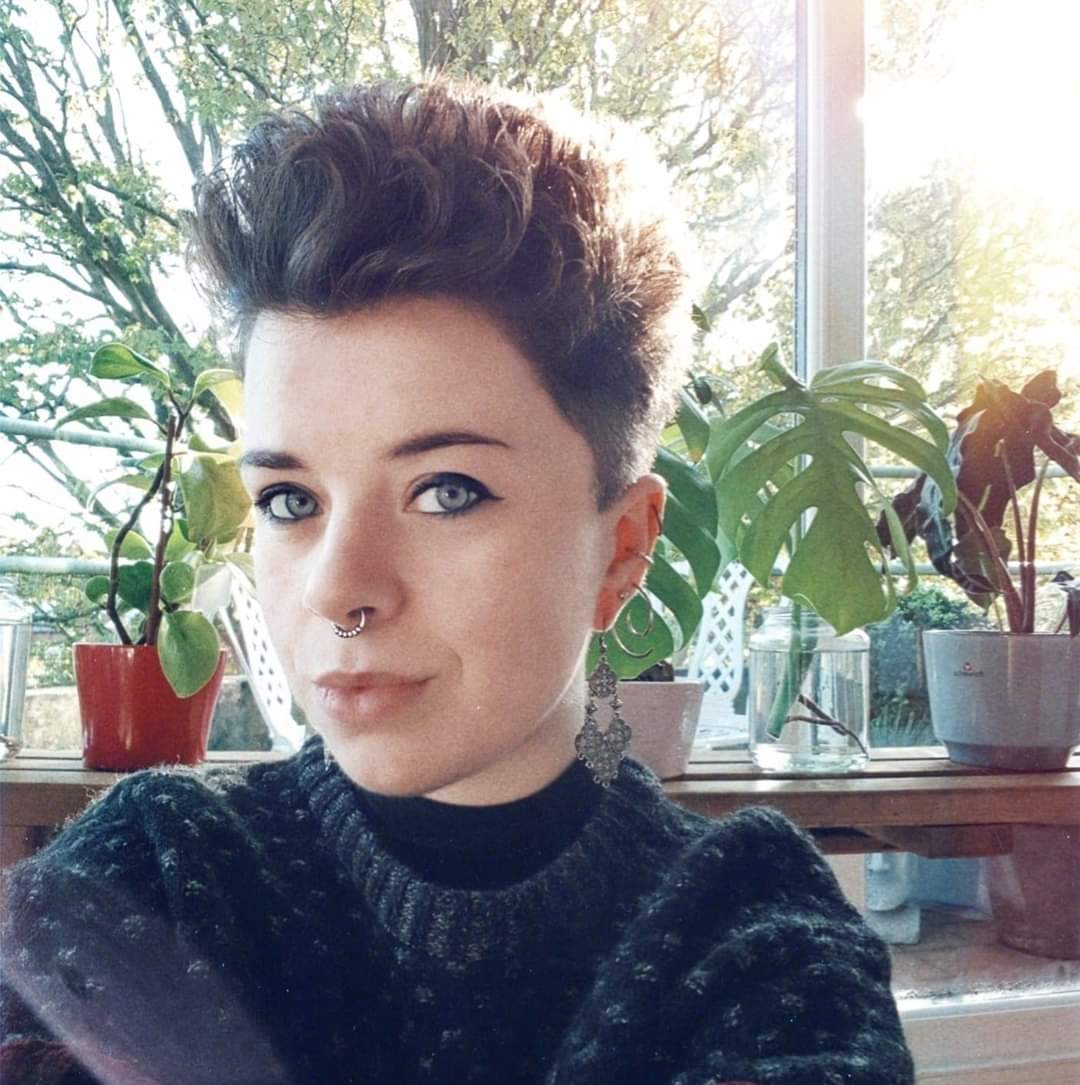
Joanna Perks
Joanna’s research is focused on Anglo-Saxon diplomatic texts, composed in Old English and Anglo-Latin; and extends into textual transmission, palaeography, and the history of pre-Conquest England (8th - 11th centuries).
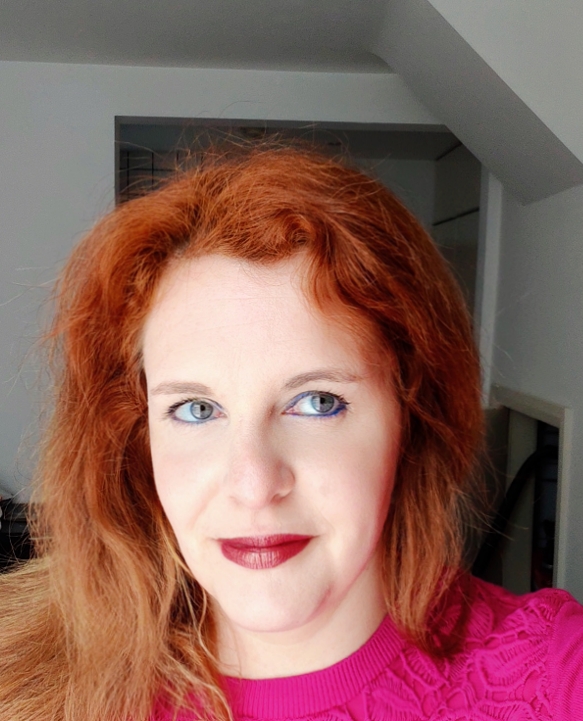
Elisa Ramazzina
Elisa holds a Ph.D. in Germanic Philology obtained at the University of Pavia. Her research focuses on Old English Language and Literature. She has worked extensively on the Old English Genesis and on the Wonders of the East and medieval world maps. She has worked as Professor on contract at the University of Pavia and has recently concluded a Marie Curie Research Fellowship at Queen’s University Belfast, where she has worked on a two-year project on “Water and Baptism in Old English Poetry”. During her Marie Curie Fellowship, she has developed an interest in medieval science and medicine. Together with Dr Marilina Cesario and Professor Hugh Magennis, she is coediting a series of four volumes on the elements in the Middle Ages to be published by Brill.
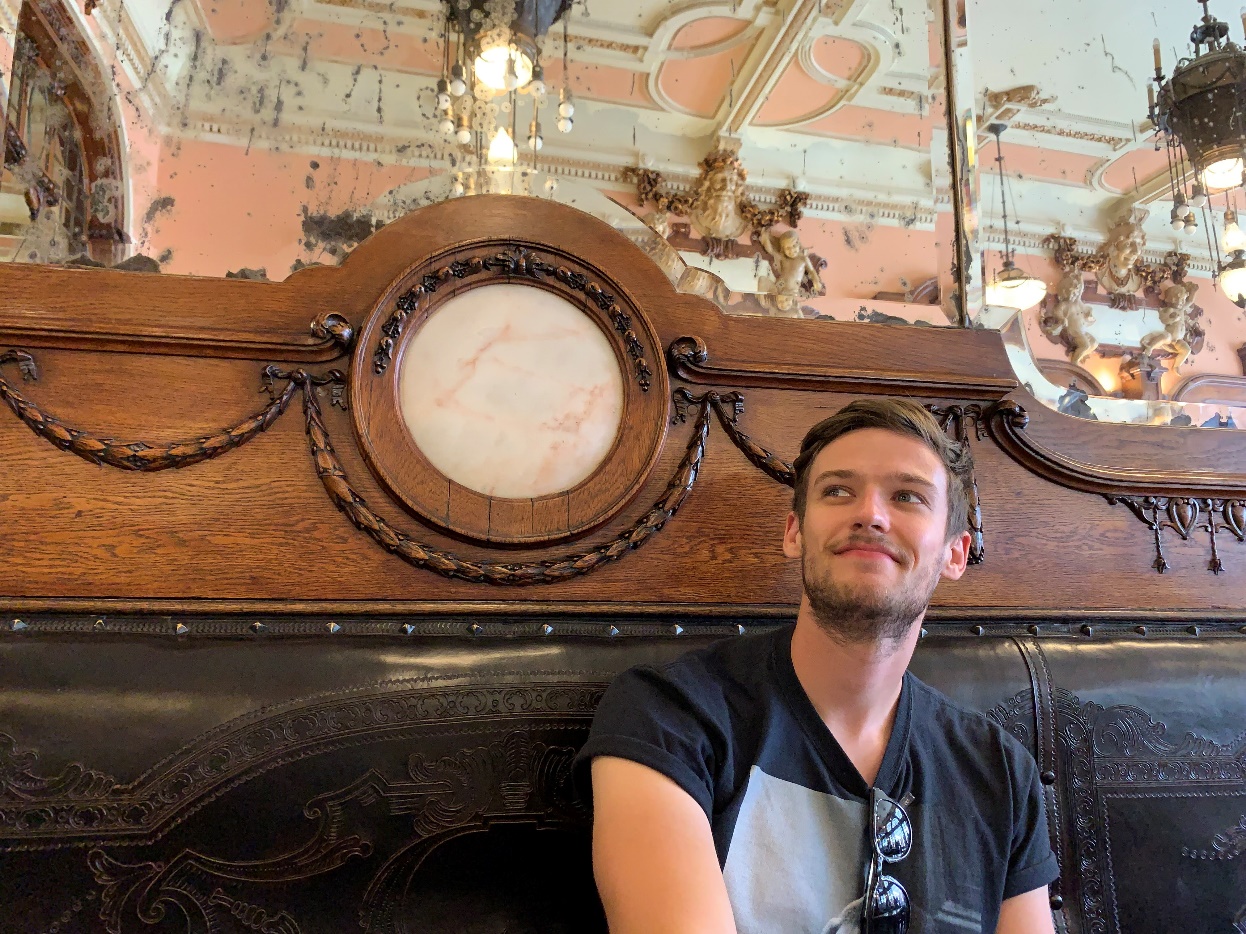
Tom Revell
Tom is an AHRC-funded DPhil student at Oxford, working on compositional technique in Old English poetry. His doctoral thesis concerns the identification, analysis, and implication of verbal parallels across early medieval English verse (both in Old English and Anglo-Latin), and how patterns of such parallels might suggest influence. The recognition of poetic interrelations offers new opportunities for re-examination and interpretation, and ought to encourage different ways of teaching early medieval poetry and of showcasing it to scholars and the wider public alike. Tom also teaches in the Faculty of English, is the Events Coordinator for Oxford Medieval Studies, and has given papers across the UK, Ireland, Spain, Germany and China.
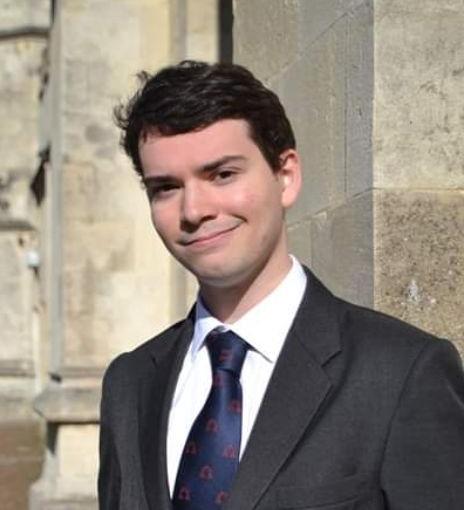
Nicholas Stone
Nicholas is working on the prosody of the Anglo-Latin corpus. He read Classics at Christ Church, Oxford, winning the Chancellor’s Prize for Latin Verse and the Gaisford Prizes for Greek Verse and Prose, and studied Old English as a graduate student. He is interested in Indo-European metres and traditions of translingual versification.

Eugenia Vorobeva
Eugenia is a DPhil student in English at Jesus College. Her research focuses on the suffering motif in the vernacular Old English and Old Norse narratives about St Andrew, which comprises working with both prose and verse texts as well as their Latin sources.
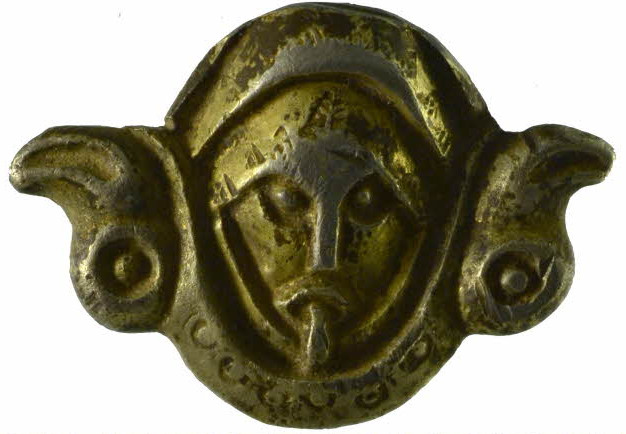
Anglo Saxon stud. British Museum. CC-BY-NC-SA